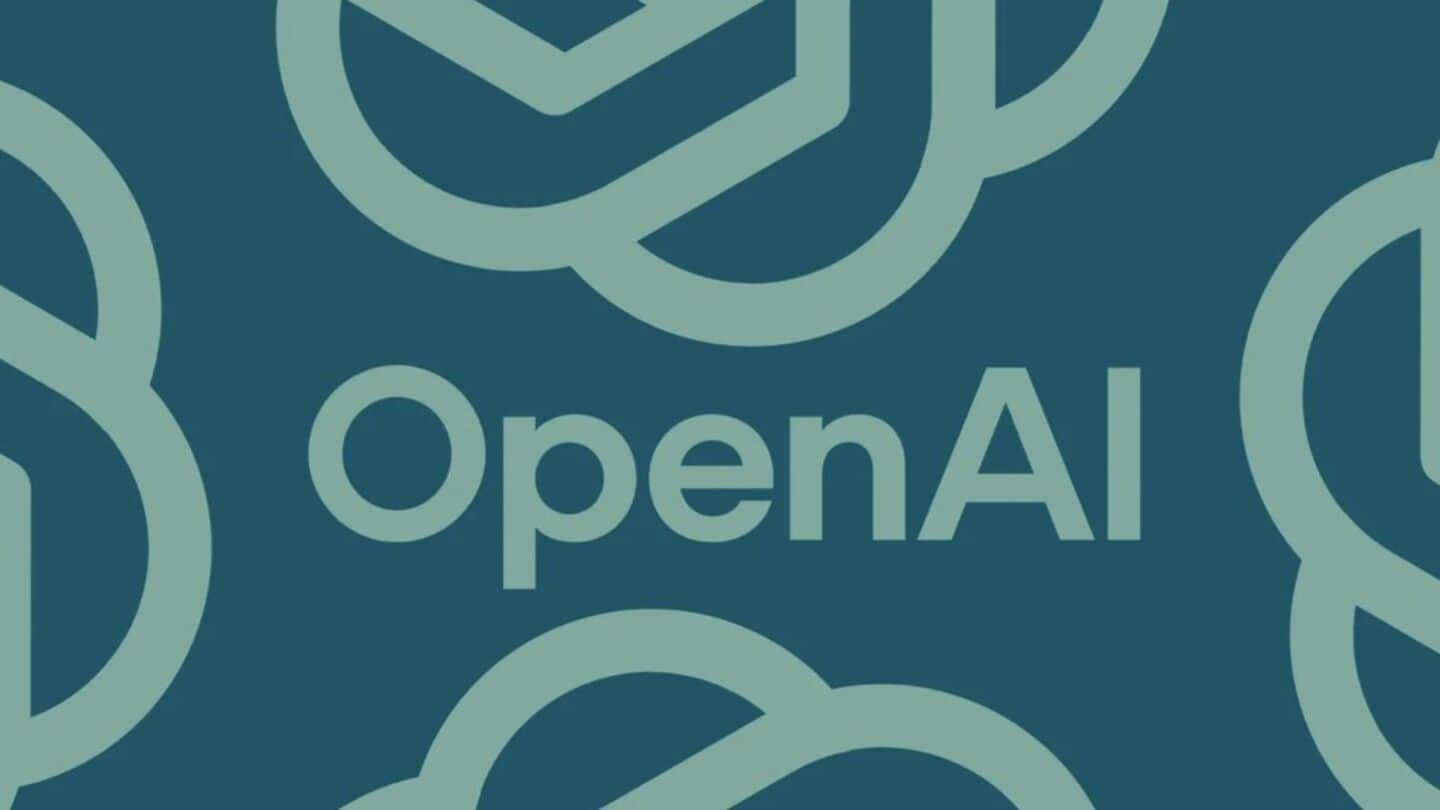
OpenAI delays launch of open-weights AI model to late summer
What's the story
OpenAI CEO Sam Altman has announced a delay in the release of the company's first open model in years. The announcement was made via a post on X, revealing that the launch will now take place later this summer, and not in June. "Our research team did something unexpected and quite amazing and we think it will be very very worth the wait, but needs a bit longer," wrote Altman.
Competitive edge
Model expected to outperform other open reasoning models
The upcoming open-weights model from OpenAI is expected to match the "reasoning" capabilities of its o-series models. The company hopes this new offering will outperform other open reasoning models, including DeepSeek's R1. The development comes amid a growing competition in the field, with AI start-up Mistral recently launching its first family of AI reasoning models called Magistral.
Market response
Delay indicates enhancements might be included in final version
The delay in releasing the open model also reflects OpenAI's response to increasing competition and market pressure. The company has been considering adding several complex features into its new offering, including the ability to connect with its cloud-hosted AI models for complex queries. However, it remains unclear if these enhancements will be included in the final version of the open model.
Trust restoration
OpenAI aims to change perception about its closed models
The launch of the open model is also seen as a strategic move by OpenAI amidst growing pressure from researchers and developers. Altman had previously admitted that the company has been on the "wrong side of history" when it comes to open sourcing its models. To change this perception, OpenAI is developing an open-weights model that is competitive with other leading offerings in the industry.
Difference
OpenAI's upcoming model will not be open-source
An open-source AI model shares both its weights (trained model parameters) and underlying code, including training data and architecture, allowing full modification, reuse, and retraining. In contrast, an open-weights model only releases the trained weights. You can run the model and fine-tune it, but you can't see or modify how it was trained. Open-source promotes full transparency and community collaboration, while open-weights offer partial access, mainly for inference or limited tweaking, often keeping core proprietary elements closed.